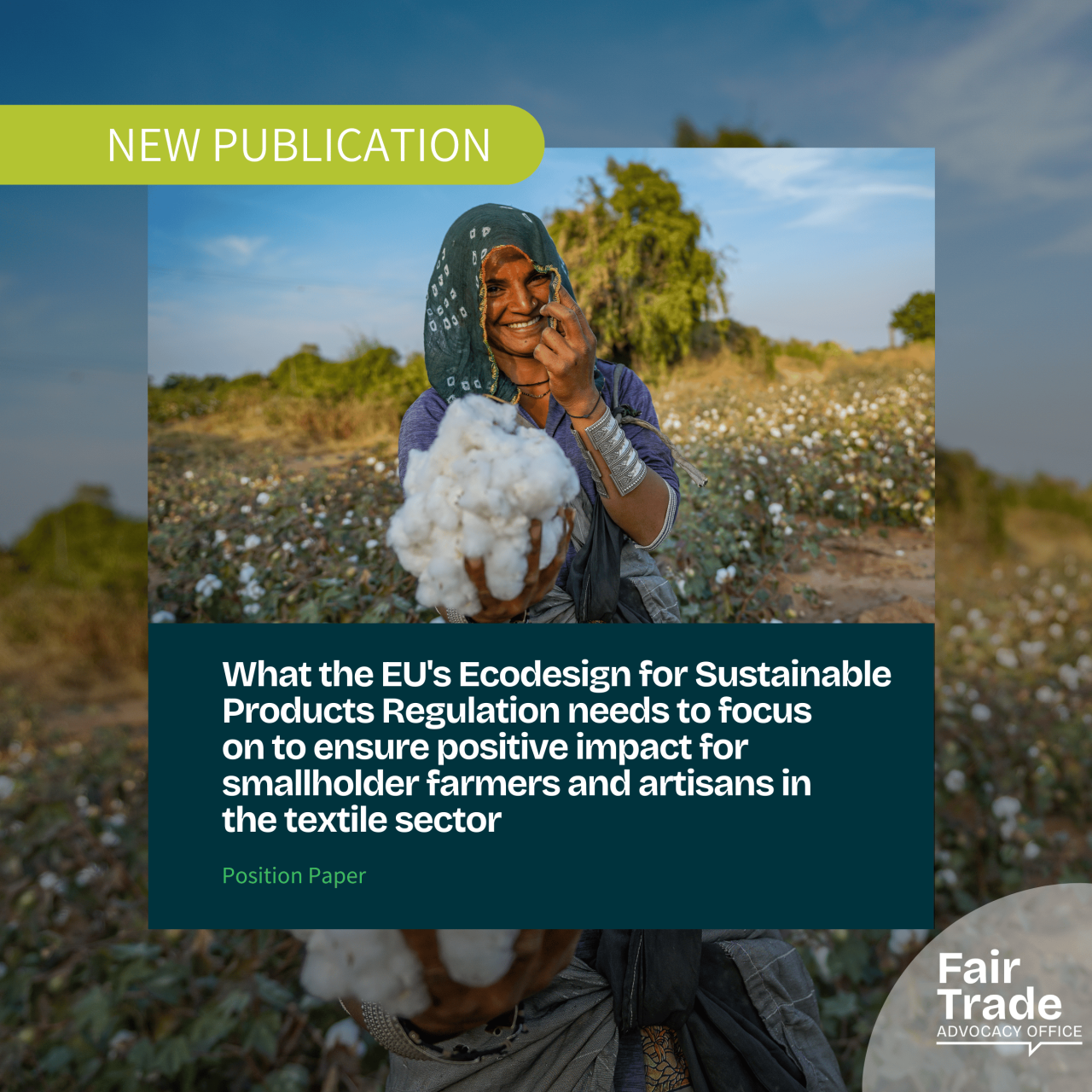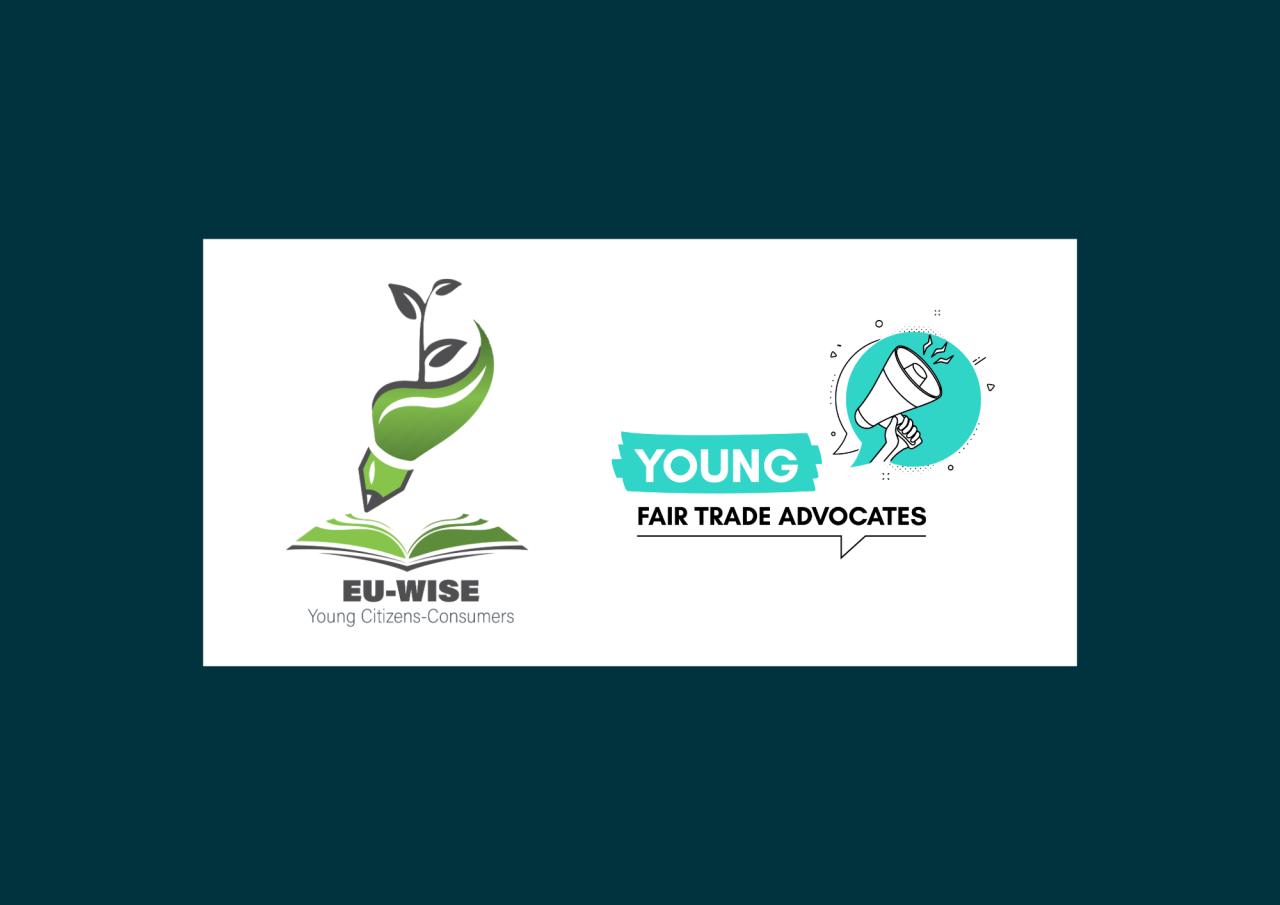On the 23rd of February, the European Commission published its proposal for a Corporate Sustainable Due Diligence Directive (CSDD). This directive will make it mandatory for some companies in the EU and operating in the EU market to conduct due diligence of their human rights and the environmental adverse impacts in their supply chains. The scope of the proposal is limited to big companies, thus leaving out 99% of EU companies which are small and medium-sized enterprises (SMEs).
On the 30th of March, the EU Strategy for Sustainable and Circular Textile was released. Even though we welcome the strategy and the ambition it shows when it comes to recycling and environmental aspects, the strategy almost completely leaves out social and economic sustainability. Therefore, it is important that the CSDD-directive tackles the specific problems in the textile sector that the Textile strategy has not provided solutions to. A central issue that should have been addressed is unfair trading practices. These practices are common in the Textile sector and the root cause to many of human rights abuses and environmental risks in the sector.
What we want:
Even though the CSDD-proposal is a big step forward, we want to stress the need to include SMEs in the legislation, especially from high-risk sectors such as textiles. As sustainable fashion brands and SMEs, we know that human rights and environmental violations can also occur during our activities. However, we believe SMEs working in the textile sector can and must be sustainable. Excluding SMEs leads to an uneven playing field. SMEs will have to conduct sustainability due diligence because their buyers are included in the legislation but will not receive the necessary support.
Including SMEs in the legislation would give more certainty in implementing sustainable practices. Moreover, the legislation could be applied to SMEs in a proportionate way, taking the size of the enterprise into consideration without excluding them outright.
Purchasing practices of brands and retailers should also be established as a clear part of the due diligence process within the articles of the directive. Purchasing practices of brands and retailers have a clear impact on the rights of people in global supply chains. These practices lead to labor rights abuses, wages/incomes far below living wages/incomes, and environmental damage. Brands and retailers often change contractually agreed terms unilaterally. These practices include lowering the price which was initially agreed upon, leaving suppliers no choice but to accept.
Thus, we want to stress the urgency to protect the weaker contractual party against these Unfair Trading Practices. A first step to do this is to include purchasing practices as part of the due diligence process. it will help clarify that brands must actively address their impacts on human rights and the environment in their value chains. It will avoid moving the responsibility upwards in the supply chain.
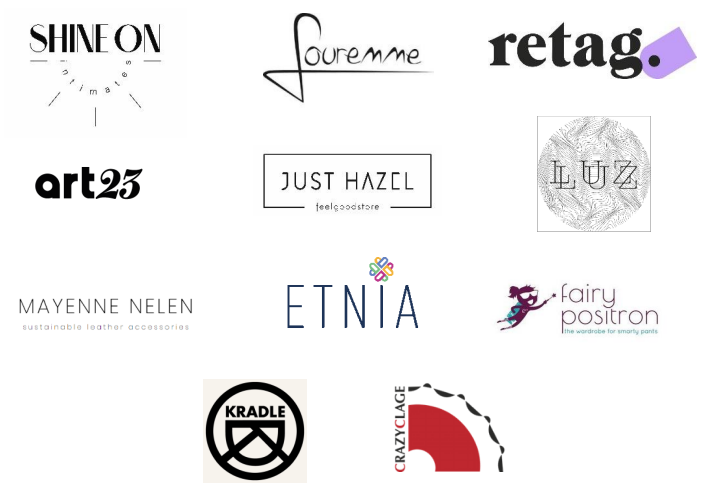
More From The Workstream
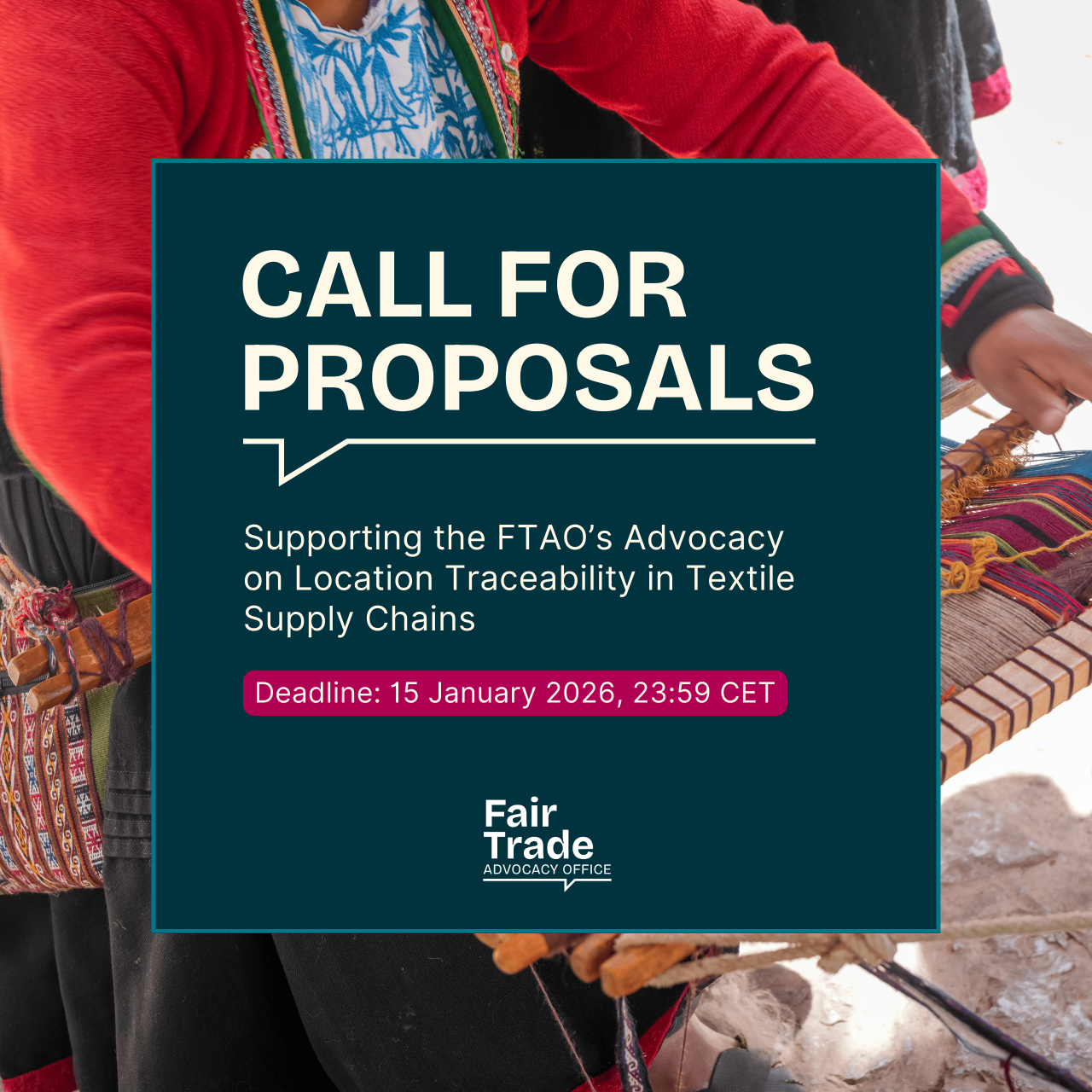
CALL FOR PROPOSALS: Supporting the FTAO’s Advocacy on Location Traceability in Textile Supply Chains

The FTAO launches Textiles Advocacy Strategy Group to strengthen global voices in EU textile policy
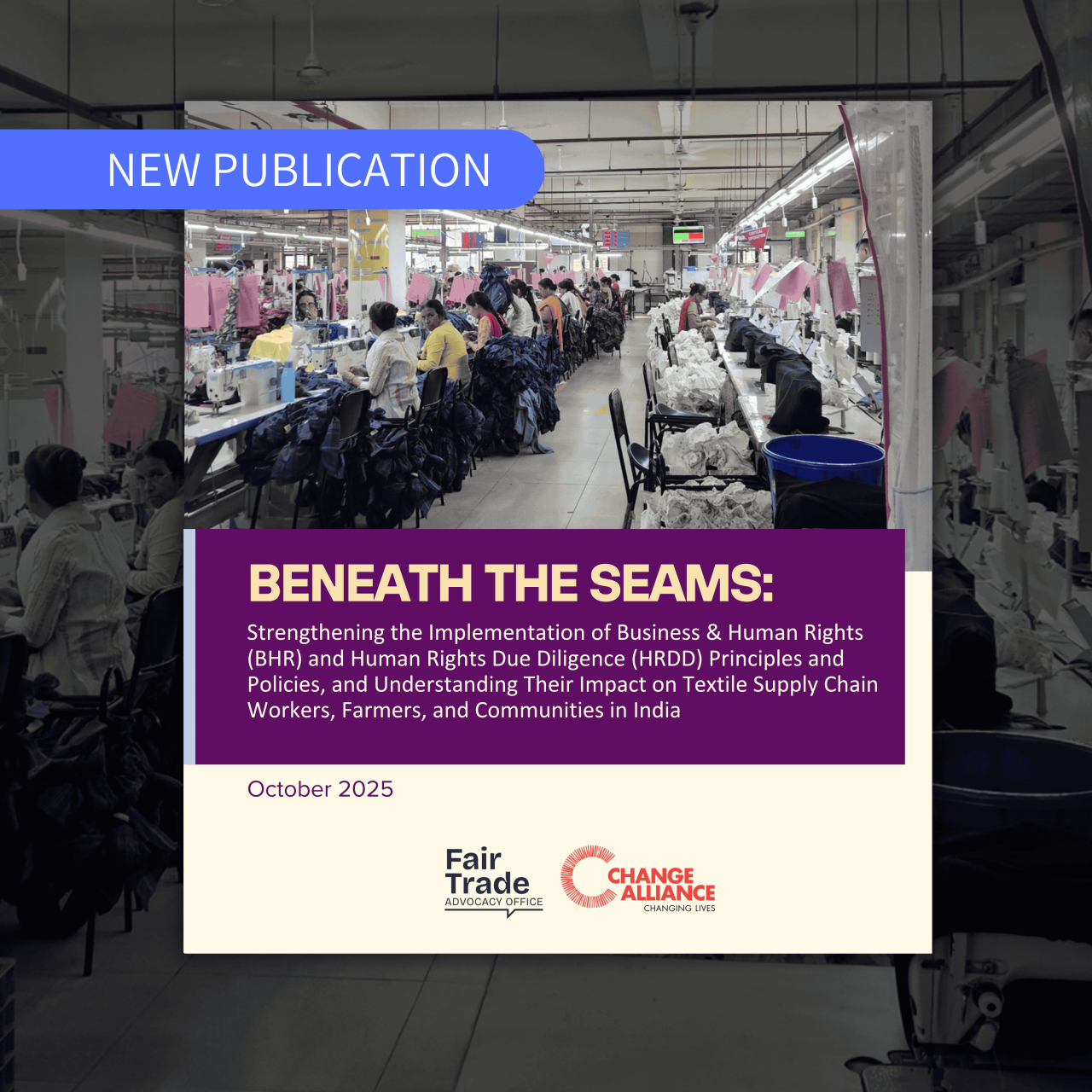
Beneath the Seams: Strengthening Human Rights Due Diligence and its impact on textile workers, farmers and communities in India
